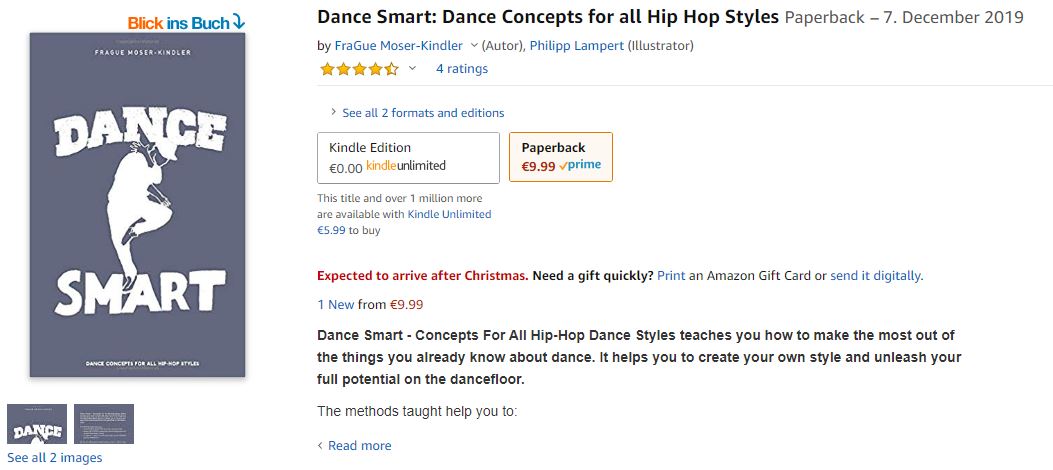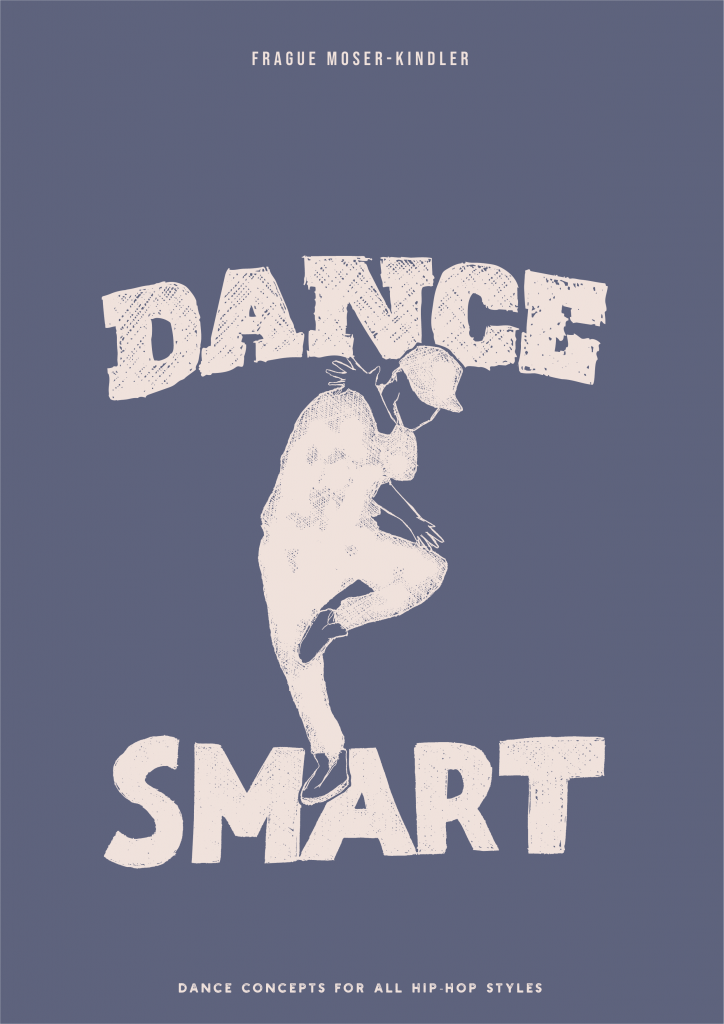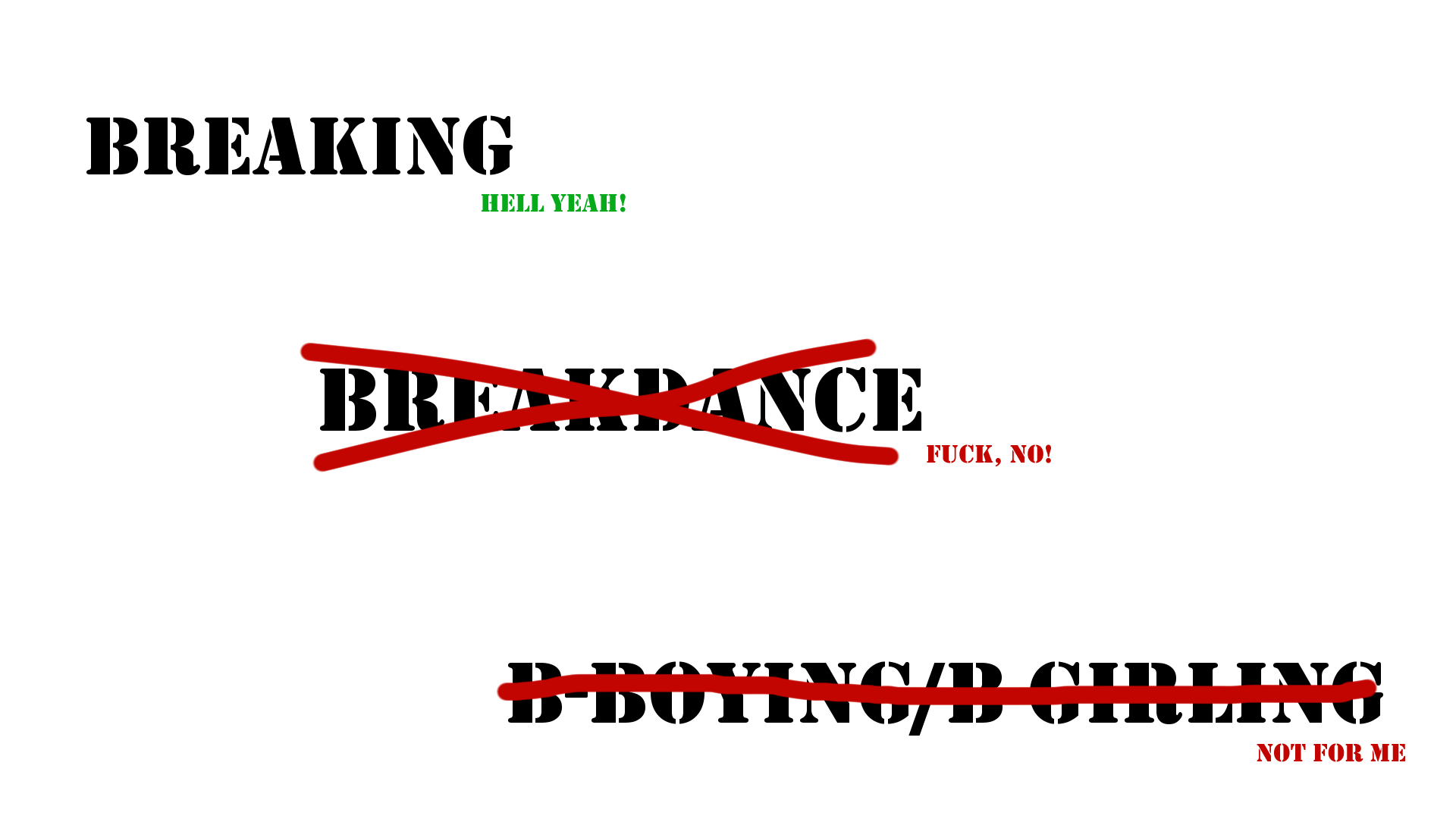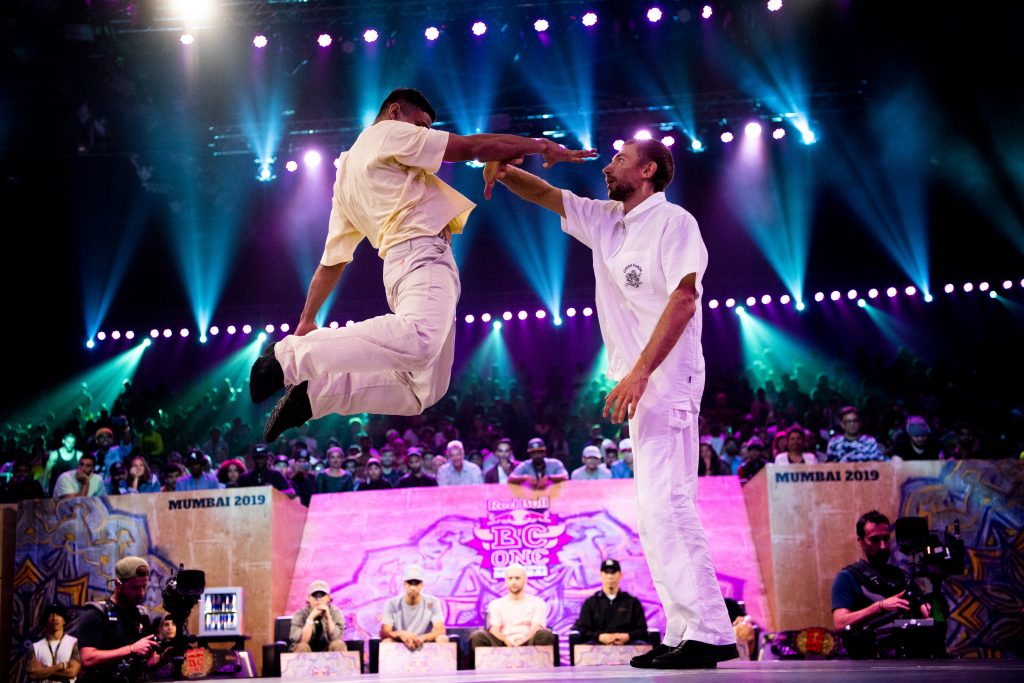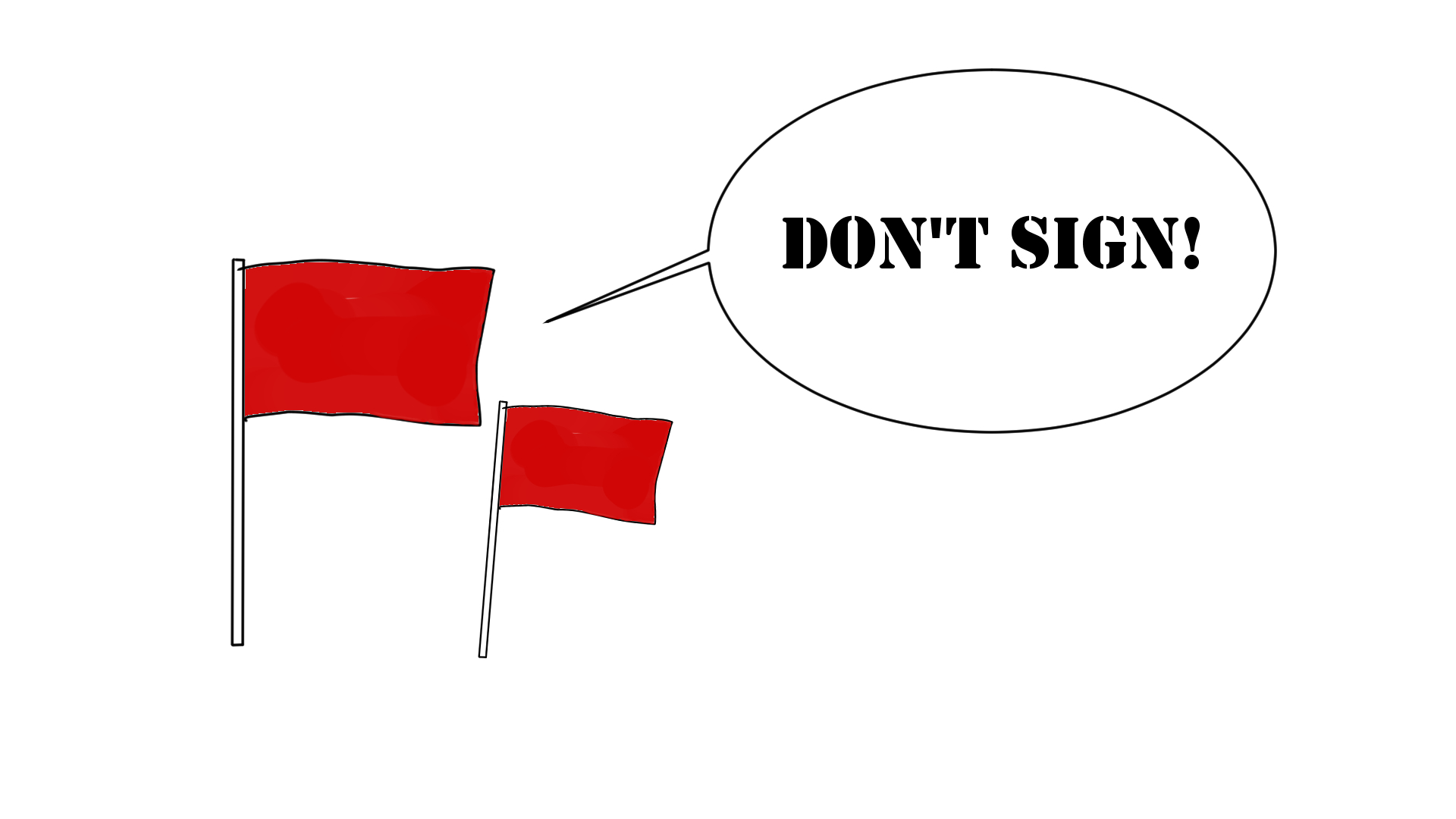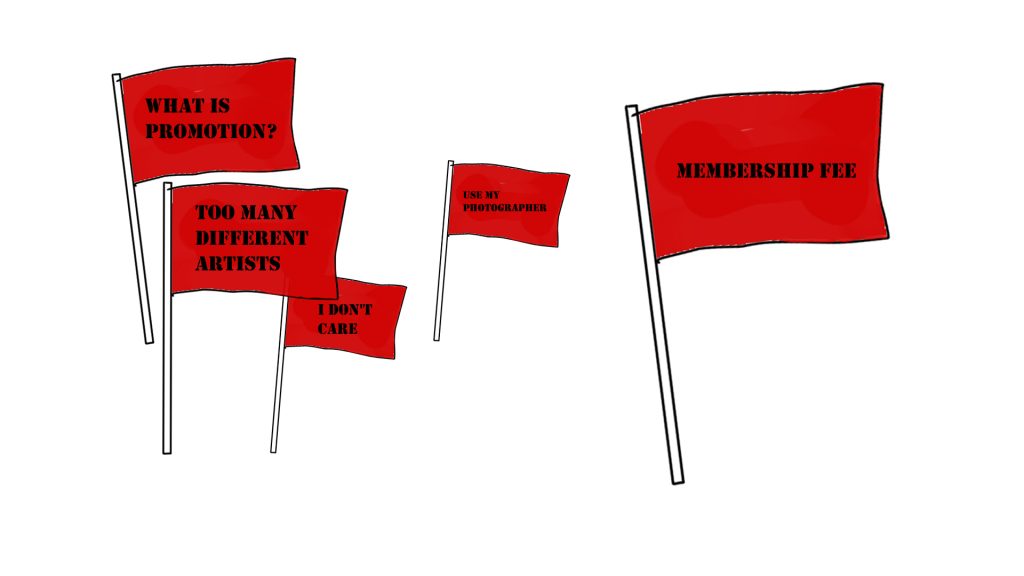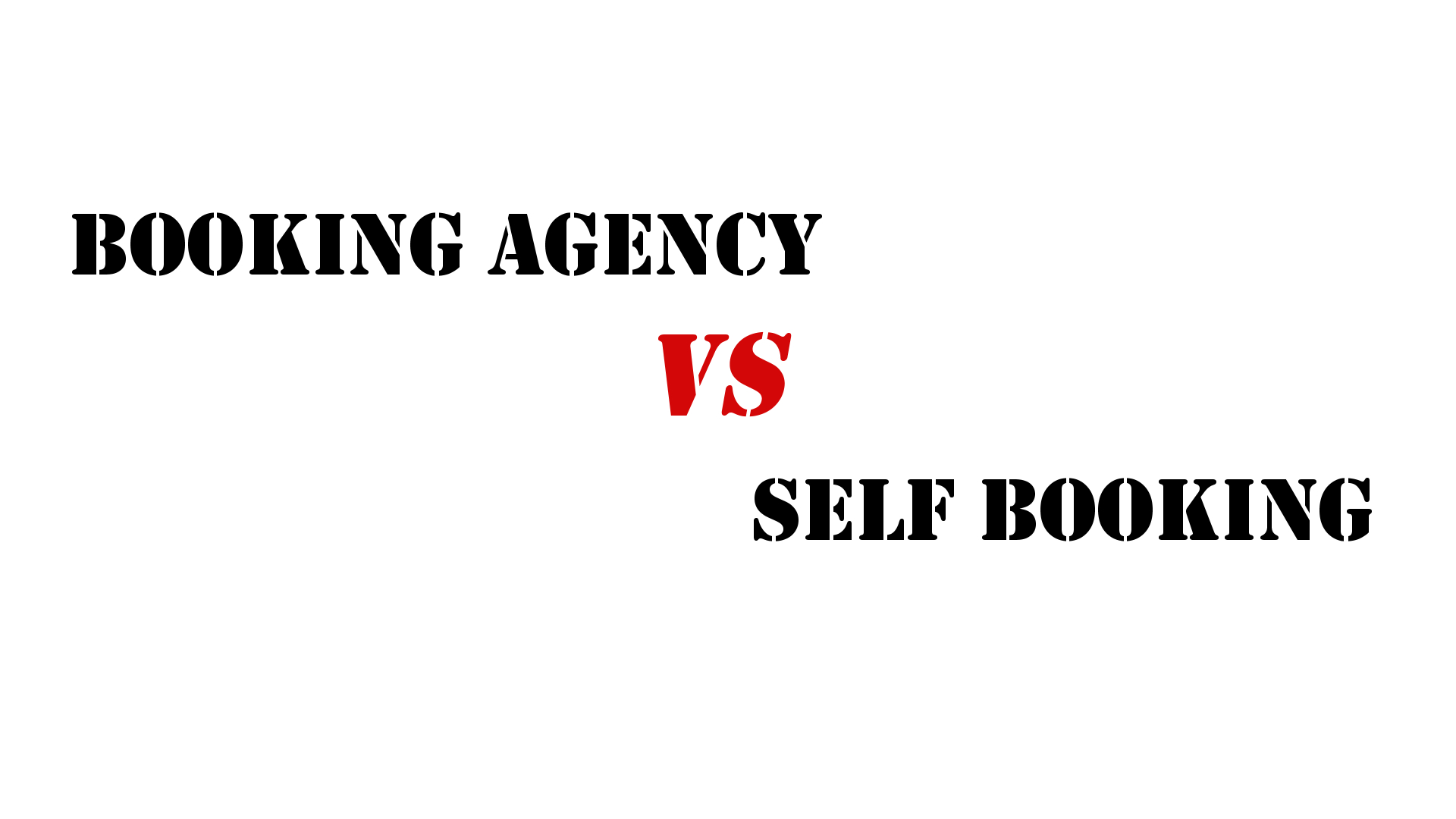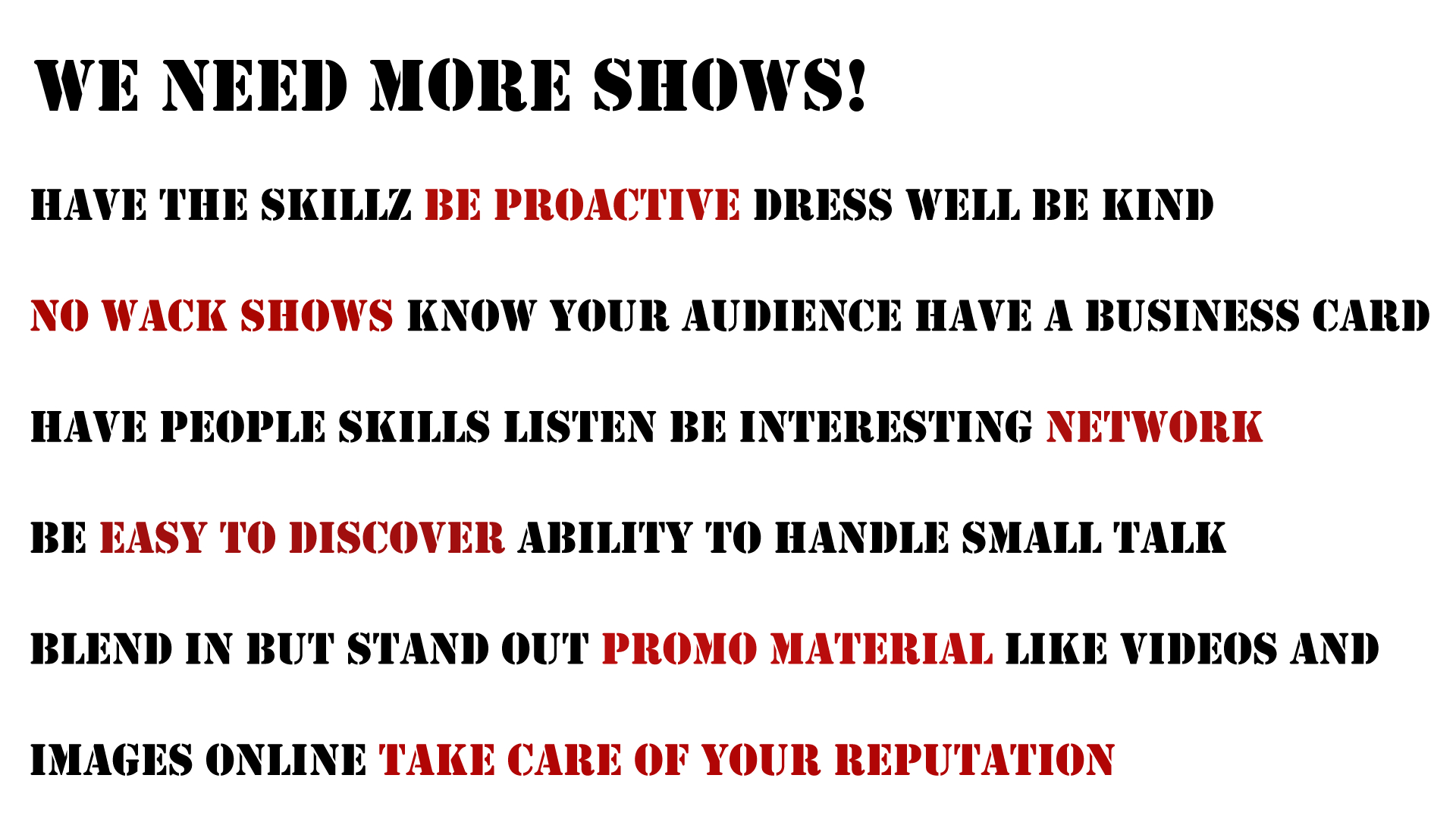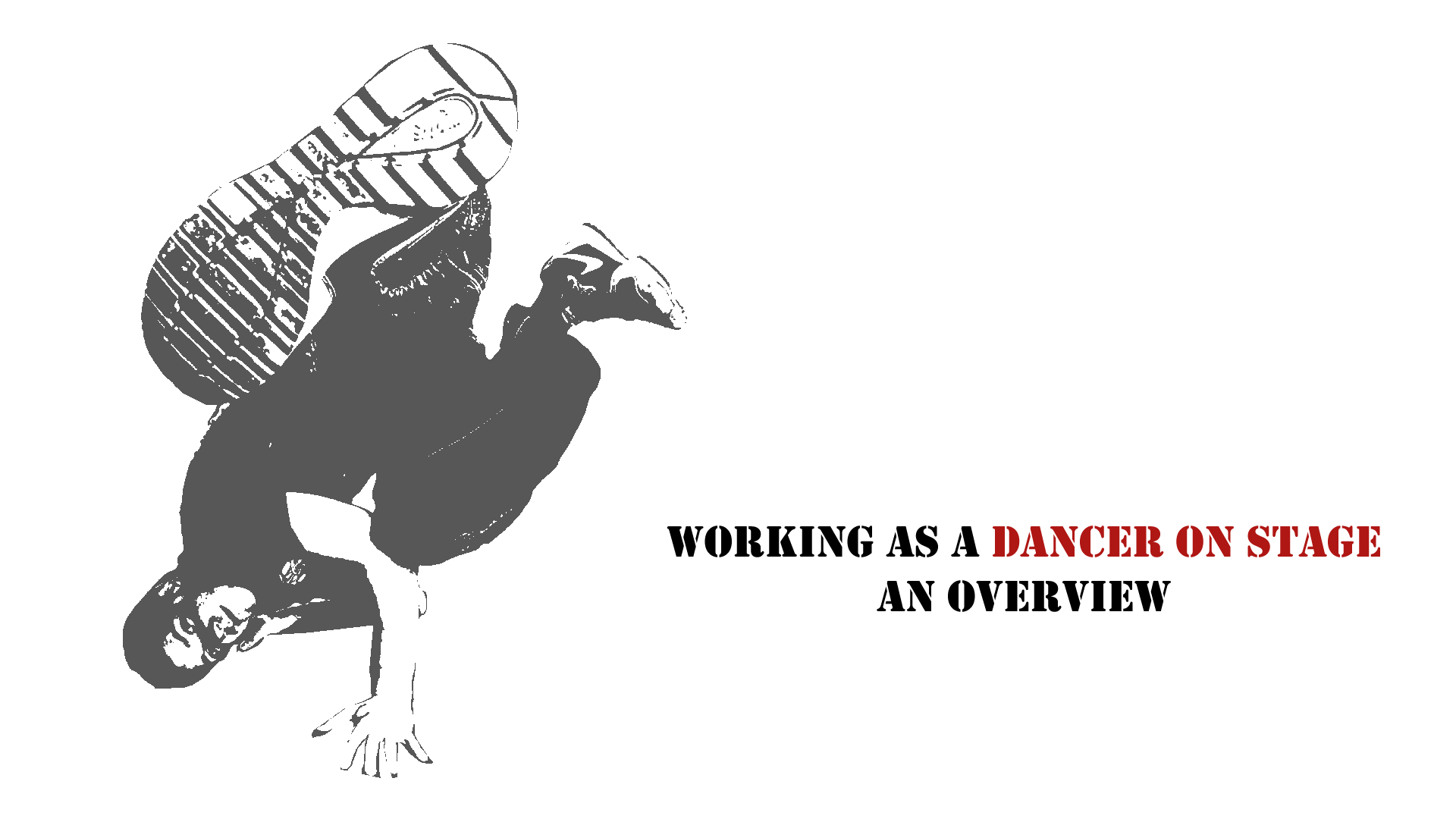Having enough shows to dance is one of the central points of setting up your dance business when you choose performances as part of your portfolio. There are two general approaches to it: having one or more agents taking care of it or doing it yourself. Both ways have their advantages that we will look into right now.
Working with an agent or agency.
The two main benefits of having an agent are that you can focus on your dance and shows without getting distracted and that the agent probably has a much bigger network of potential customers than you. These two points alone are reason enough for most artists to work with an agent. In fact, I recommend working with an agent if you can. When making performances a central part of your dance business, you should always have new shows and skills ready. It helps when you can put the hours you would need for booking into your abilities and appearances.
The downsides of the work with an agent are that a part of the fee that the customer pays goes to the agent and that in some cases, you don’t have complete control about how your act is presented. Both things can be countered. The fee thing by putting in the contract with the agency that their fee goes on top of yours and the presentation issue by providing high-quality material on your own. This means you already have good photos, a visually pleasing description of your act, a trailer, and a fully recorded show available. The agent will then work with what you provide.
It is crucial to set up a contract with your agency that regulates precisely how the partnership works, so both parties can benefit from it. Here are the points to cover:
- What do you have to provide?
- What does the agent do to acquire shows for you? Does he only sell your existing shows or also send you to auditions for other productions? Does the agency provide additional advertising material? If yes, do you have the last word regarding the content?
- How much is the agent’s fee, and is it on top or part of your payment?
- Can you book shows on your own or with another agent? An exclusive contract would mean that all the shows you dance have to be booked via that agency. A non-exclusive agreement allows you to do work without that agency, as well. I recommend not to sign an exclusive deal, except the agent guarantees a volume of work that is sufficient for you, as part of the written contract.
- Reaction times. Both parties need to get a quick response from the other one. You need to confirm availability or fees quickly. The agent needs to bring all the necessary info for the shows and should take care of customer questions. More often than not, he will need answers from you for that.
- Payment conditions. Do you invoice the customer, and the agent invoices you for their fee, or does he invoice the customer, and you invoice the agent? In both cases, you should be fast and know how to write a proper invoice.
One thing about good manners: when you are booked via an agency, you also represent them to a certain degree. Be professional and don’t hand out private business cards. When you are there via an agency, they usually provide business cards that you can hand out to people who are looking for a show. Even if your contract is non-exclusive, it is not ok to bypass the agency with follow up jobs. If they don’t provide cards, ask them what contact you should give away if asked.
Doing it on your own.
The advantage of being a self-booker is total control. But this control also comes with sole responsibility. You will keep all the money, but if you sweat aspects of the business, your show numbers will be low.
You should set up a website, promo material that you can send out, be fast to reply to customer inquiries, and be good with networking. Obviously, you don’t need a contract with yourself, but you think about having contracts with your customers. It is not necessary in every case, but when there are disagreements, a contract helps to solve them fast.
When you work without an agent, it is also easier to experiment with the price of your shows as you can change it on the fly to cope with the customer situation.
Here are the essential points to have in mind:
- Be reachable. Reply to your emails every workday and answer your phone. Not responding fast enough might equal a missed show opportunity.
- Be able to send promo material fast. This means you have it collected in a folder that you can send as an email attachment, and you also have it online where you only need to send a link. Be able to send that link from your smartphone for faster response time.
- If you dance together with others, make it clear that they need to be able to confirm availability fast as well. You can not confirm a show before you know you have the dancers available.
- Be proactive, approach potential customers with show offers that fit their needs.
- Do your homework. When you approach customers, research what they are doing and on what scale. A small society will have another budget than a multi-million dollar company. Don’t be the guy who knows nothing about the people he talks to.
- Know your worth. Your show has a price. Be sure about the starting point for your negotiations before picking up the phone or writing an email. You can adapt along the way. Talk about the price early in your negotiations. Don’t fix details, book hotels, or flights before you agreed on your fee. It’s a negotiation tactic to agree on many parts, so you are already in the mood of saying yes, and save the weak spot for the end. Don’t fall into that trap, especially when you are not used to negotiations.
- Know your needs. Customers need to know what are the prerequisites for your show. How many space do you need? Floor conditions? How many people are traveling and performing? Do you bring the sound digital or a CD? Do you need separate dressing rooms, or is one enough? Wam Up space? If you are far away from home, consider hotel and food. Travel costs, if you go by car. Depending on your show, not everything might be applicable, or there might be additional points. You have to know those.
My general recommendation is to go with an agent who offers you a non-exclusive deal. It saves you so much time that you can invest in honing your craft, which will ultimately keep on top of your game. The non-exclusive agreement allows you to join a dance company that books their own gigs and also take show requests that come directly to you.



